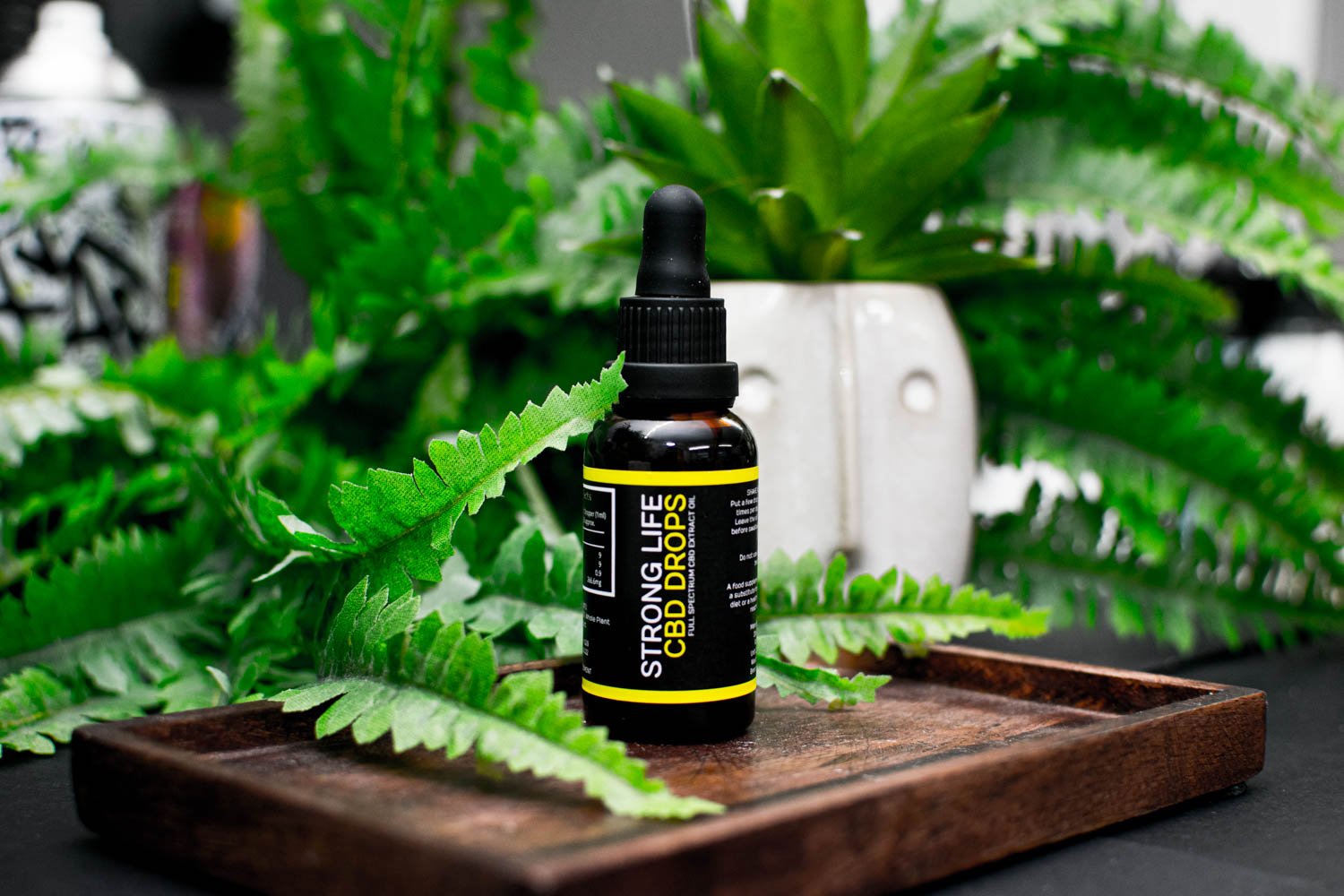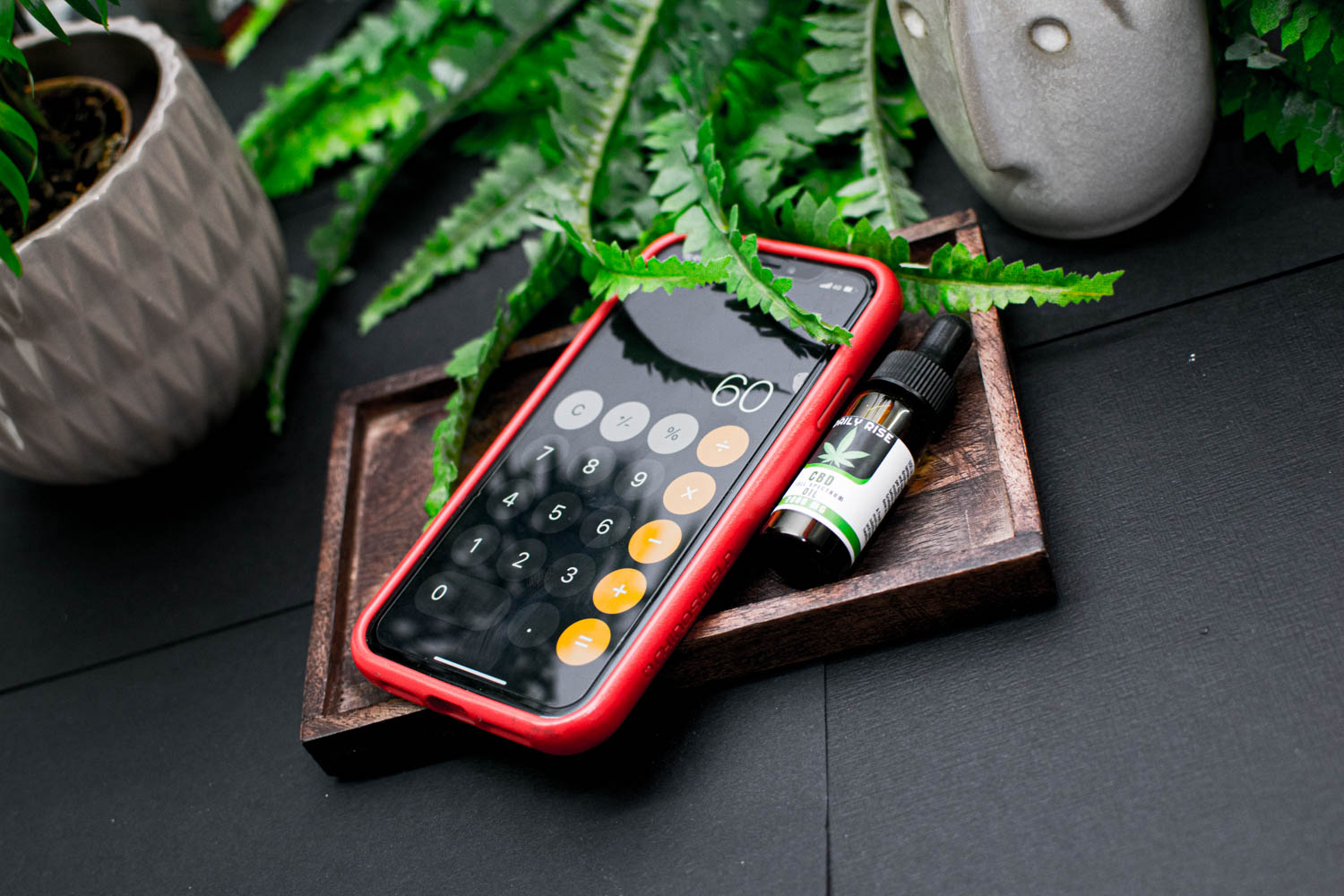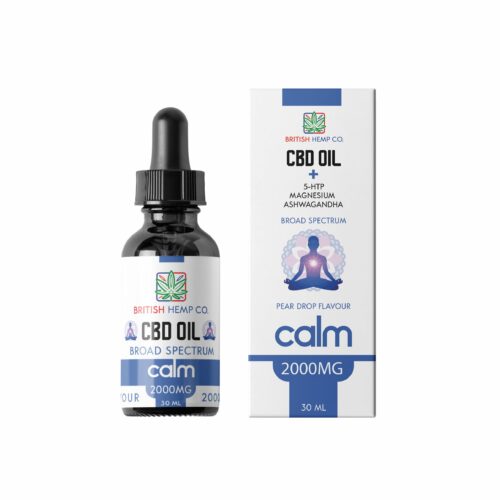What is CBD?
Understanding Cannabidiol and Its Potential Benefits
CBD, short for cannabidiol, has been gaining a lot of attention recently. But what is CBD, exactly? To put it simply, CBD is a natural compound derived from the cannabis plant. Unlike its cousin THC (tetrahydrocannabinol), which is known for its psychoactive effects, CBD does not produce a “high.” Instead, it’s celebrated for its potential therapeutic properties and is widely used in oils, gummies, capsules, and even skincare products. Let’s dive deeper to understand what is CBD and explore how it may benefit various aspects of health and wellness.
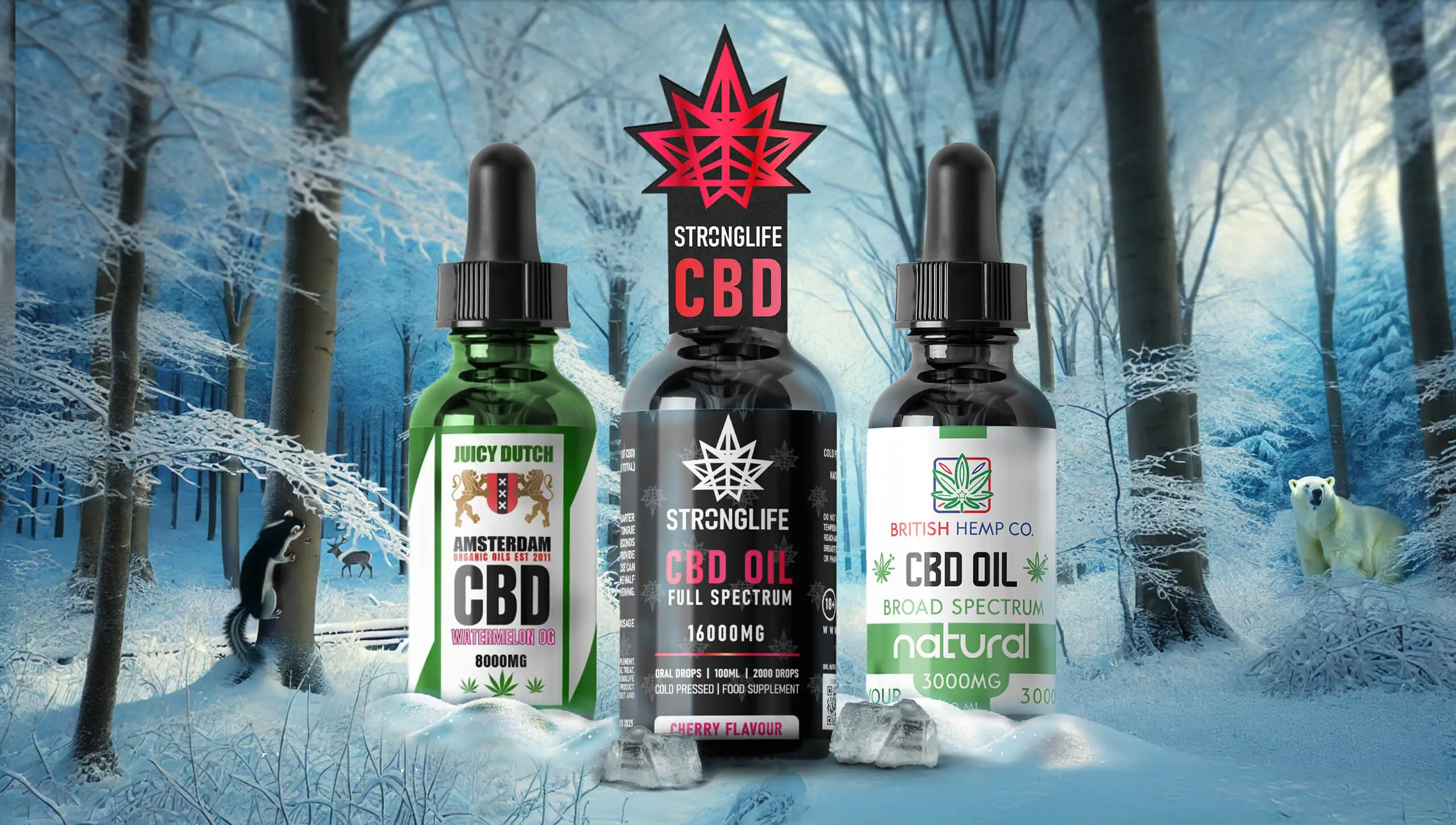
What is CBD and How Does it Work in the Body?
So, what is CBD doing in the body? CBD interacts with a complex system in our bodies called the endocannabinoid system (ECS). The ECS helps regulate many processes, such as mood, appetite, sleep, and immune response. By interacting with receptors in the ECS, CBD may help promote balance within the body, making it easier for us to respond to stress and maintain overall well-being.
Is CBD Legal?
One of the first things people ask is, “What is CBD’s legal status?” In the UK, CBD products are legal as long as they contain less than 0.2% THC. This regulation ensures that products sold in the UK are non-psychoactive and safe for everyday use.
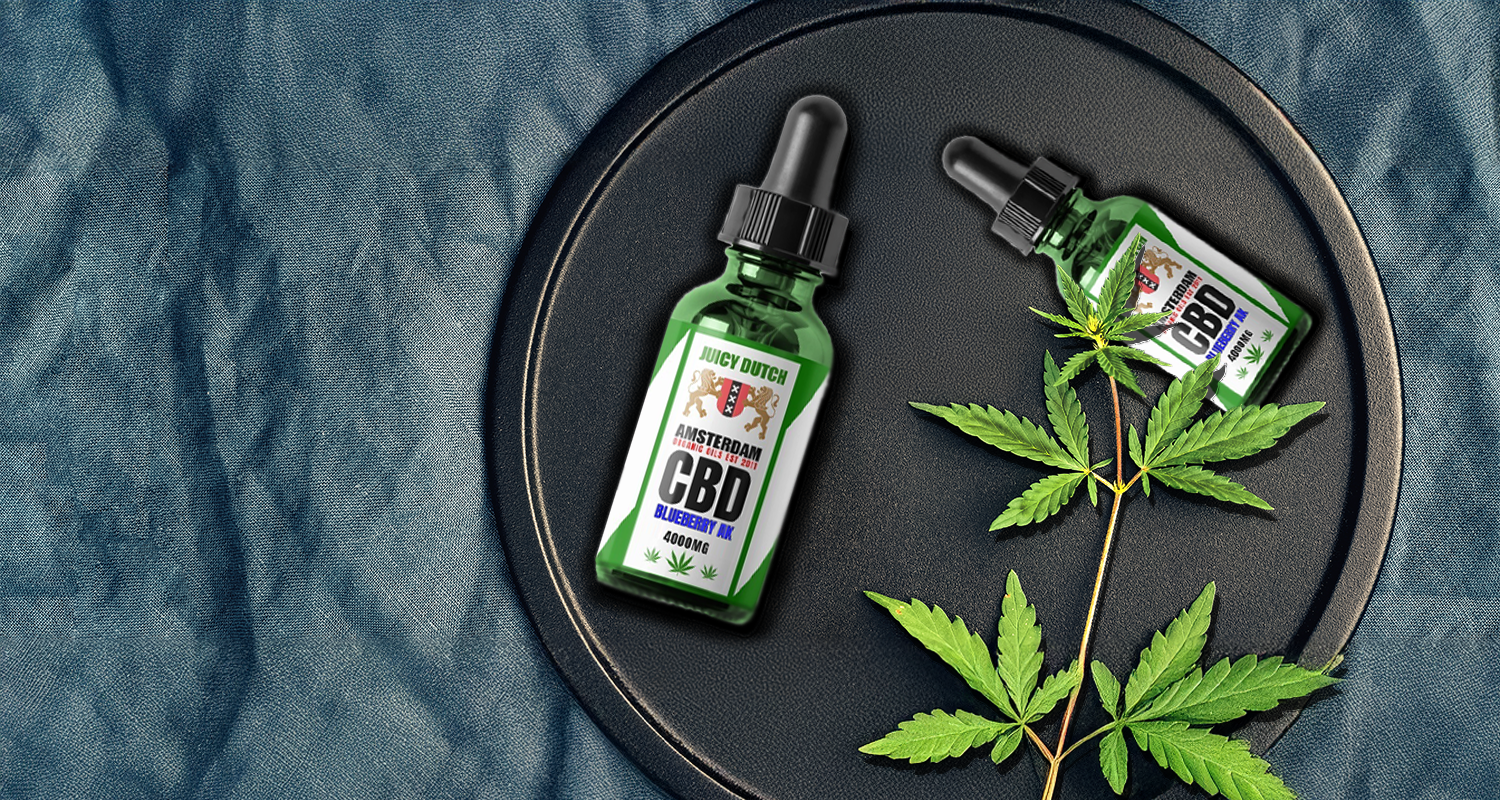
What is CBD Used for?
People use CBD for a range of reasons, each related to its possible health benefits. Some use it for managing occasional stress, while others may turn to CBD products for sleep support or to ease discomfort. Research is still ongoing, but preliminary studies suggest that CBD may hold promise for various health issues.
Can CBD Help with Pain?
Pain relief is one of the more common uses associated with CBD. Many users report feeling more comfortable when taking CBD products, especially for issues like joint discomfort. The idea is that by interacting with the ECS, CBD may help reduce certain types of discomfort.
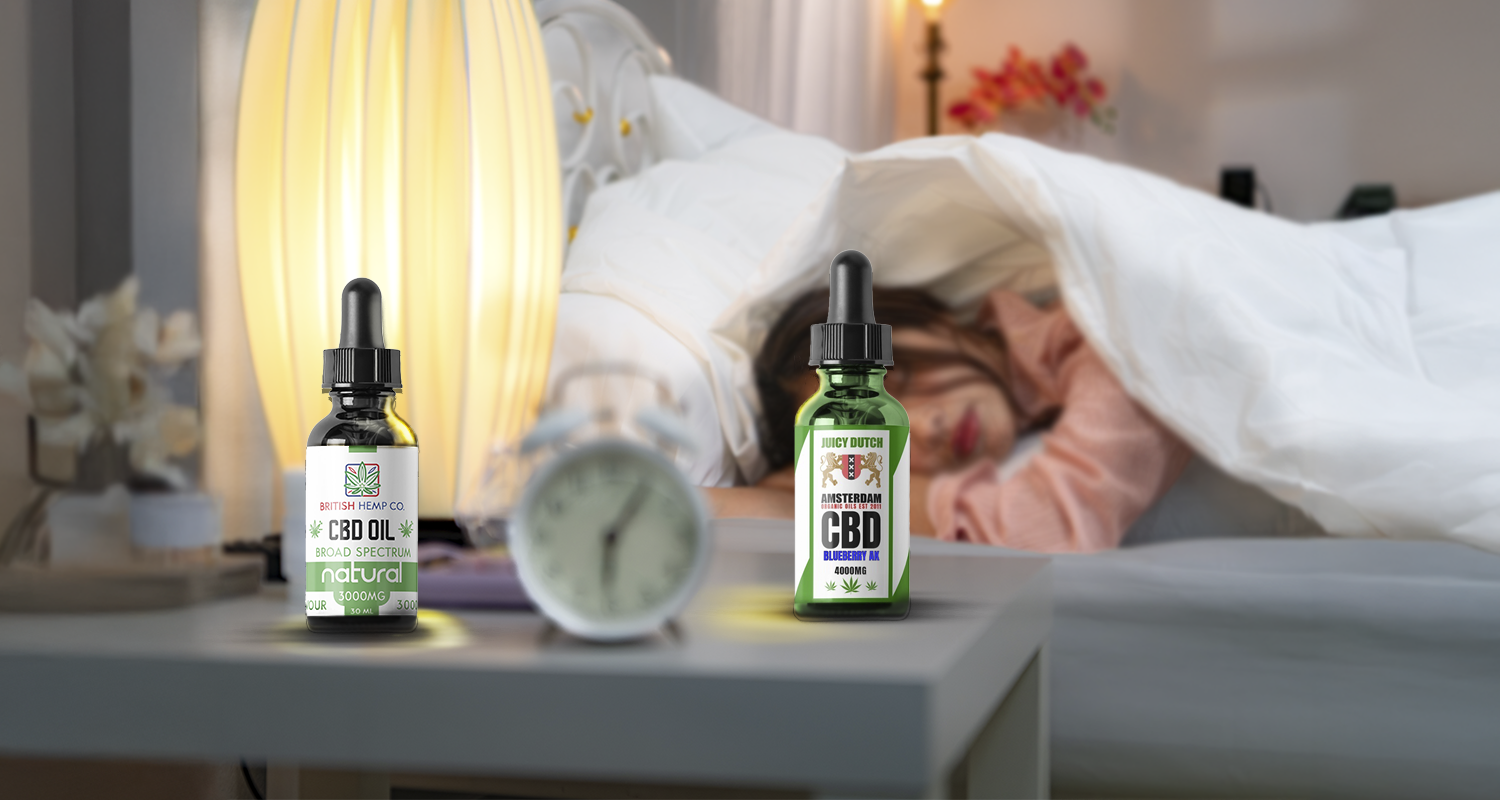
What is CBD’s Role in Sleep?
Another popular use for CBD is improving sleep quality. Some people who struggle with restless nights find that CBD may help them relax and fall asleep more easily. It’s thought that CBD’s interaction with the ECS can help promote a sense of calm, making it easier to drift off at bedtime.
Is CBD Safe?
If you’re wondering about safety, you’re not alone. So, what is CBD’s safety profile? Generally, CBD is considered safe, with a low risk of side effects. Some people might experience mild side effects, such as dry mouth or drowsiness, but these are usually minor. It’s always best to consult with a healthcare provider before trying CBD, especially if you’re taking other medications.
How is CBD Different from THC?
When people ask, “What is CBD?” it’s often because they’re curious about its differences from THC. THC and CBD are both compounds found in cannabis, but they affect the body in different ways. While THC binds directly to certain ECS receptors and produces a psychoactive effect, CBD doesn’t bind in the same way, which is why it doesn’t cause a high.

Enjoy
20% Off
What is CBD Oil?
CBD oil is one of the most popular forms of CBD products. It’s typically made by extracting CBD from the hemp plant and then diluting it with a carrier oil, such as coconut or hemp seed oil. People use CBD oil by placing a few drops under the tongue or adding it to food or beverages for a potentially calming effect.
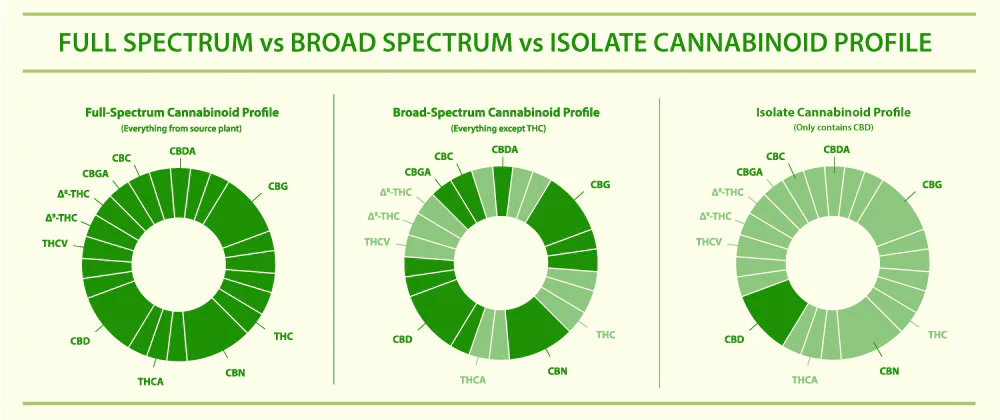
What is CBD Isolate vs. Full-Spectrum CBD?
If you’ve shopped around for CBD, you’ve probably seen terms like “CBD isolate” and “full-spectrum CBD.” But what is CBD in each of these forms? CBD isolate is the pure form of CBD, with all other compounds removed. Full-spectrum CBD, on the other hand, contains CBD along with other cannabinoids and terpenes, which may enhance the effects of CBD through what’s known as the “entourage effect.”
Does CBD Show Up on a Drug Test?
Drug testing is a concern for some people considering CBD. So, what is CBD’s status when it comes to drug tests? Most tests look for THC, not CBD. However, full-spectrum products contain trace amounts of THC, which could potentially show up on a test. If this is a concern, CBD isolate products may be a safer choice.
What is CBD’s Potential in Skincare?
Skincare is another area where CBD is making waves. But what is CBD doing in skincare products? CBD is known for its anti-inflammatory and antioxidant properties, which can potentially benefit skin health. Products with CBD may help soothe irritated skin, reduce redness, and even support a clearer complexion.
Can CBD Help with Stress and Anxiety?
Stress management is another reason people turn to CBD. For some, CBD offers a natural way to unwind without the side effects of traditional stress-relief methods. CBD’s interaction with the ECS may help calm the mind and body, allowing users to feel more relaxed in stressful situations.
What is CBD’s Future in Health and Wellness?
With ongoing research, the potential applications of CBD continue to expand. Scientists are exploring what is CBD’s role in managing conditions like epilepsy, anxiety, and even chronic pain. While more studies are needed, the early findings suggest that CBD has exciting potential.
How to Choose the Right CBD Product
If you’re considering trying CBD, it’s essential to choose a high-quality product. Look for products that are third-party tested, clearly labelled, and made from organically grown hemp. This ensures that what is CBD in your product is safe, effective, and free from contaminants.
Conclusion: What is CBD?
In summary, what is CBD? It’s a versatile compound derived from the cannabis plant with a range of potential benefits, from supporting stress management to promoting restful sleep. While research is ongoing, many people find CBD to be a valuable addition to their wellness routine. However, it’s important to choose reputable products and consult a healthcare provider, especially if you’re new to CBD.
What Is CBD frequently asked questions?
What is CBD mainly used for?
CBD is primarily used for its potential therapeutic effects, particularly for stress relief, improved sleep, and easing discomfort. Many people turn to CBD as a natural option to help manage symptoms related to anxiety, insomnia, and chronic pain. Athletes and those with active lifestyles sometimes use it to support recovery and relieve muscle tension. Additionally, it’s gaining traction in skincare due to its anti-inflammatory properties, which can potentially reduce redness and support a balanced complexion.
Is CBD a good thing?
CBD is often considered beneficial due to its reported therapeutic properties and non-intoxicating nature. Many people find it helpful for managing daily stress, supporting relaxation, and promoting a sense of calm without the side effects associated with some pharmaceuticals. Research suggests CBD may offer potential health benefits with relatively low risk for side effects, making it appealing for those seeking natural wellness options. However, it’s important to consult with a healthcare provider, as CBD’s effects can vary based on individual needs and conditions.
Is CBD legal in the UK?
Yes, CBD is legal in the UK as long as it meets specific guidelines. Products must be derived from hemp plants containing less than 0.2% THC, the psychoactive compound found in cannabis, to ensure they do not produce any intoxicating effects. The CBD product must also be produced and sold as a food supplement, not as a medicinal product unless it has regulatory approval. Reputable CBD companies adhere to these regulations, providing safe and legal options for consumers in the UK.
What are the surprising benefits of CBD?
Beyond stress relief and pain management, CBD has several lesser-known potential benefits. Some research suggests CBD may possess anti-inflammatory properties that could support heart health and aid in recovery from physical activity. It’s also gaining popularity in skincare, as CBD-infused products can potentially help reduce acne and promote healthier skin. Preliminary studies are exploring its role in neuroprotection and brain health, though more research is needed to confirm these effects.
How does CBD make you feel?
CBD generally promotes a sense of calm and relaxation, without the “high” associated with THC. Users often describe feeling less stressed and more balanced, making it easier to focus and stay in control during stressful situations. For some, it can also create a subtle feeling of mental clarity. However, responses to CBD can vary depending on dosage, body chemistry, and the type of CBD product used, with some people experiencing a mild sedative effect.
Is CBD good for anxiety?
CBD is commonly used as a natural supplement to support anxiety management, and research suggests it may have anti-anxiety effects. Studies indicate that CBD interacts with receptors in the brain involved in mood regulation, potentially helping to lower feelings of anxiousness. Many users report a reduction in general stress levels and an improved ability to handle day-to-day stresses. However, CBD isn’t a replacement for medical treatment, and it’s always recommended to speak with a healthcare provider before using it for anxiety.
Is it OK to use CBD daily?
Yes, many people use CBD daily as part of their wellness routines. Daily use is generally safe, and it may allow users to experience more consistent benefits, as CBD can build up in the system over time. It’s especially useful for people seeking ongoing support for stress management, sleep, and mild discomfort. However, it’s important to start with a low dose, monitor effects, and consult a healthcare provider, especially if combining CBD with other supplements or medications.
Does CBD make you sleepy or just relaxed?
CBD typically promotes relaxation rather than outright sleepiness, although it can make some users feel drowsy, especially at higher doses. The calming effect is why it’s often used to unwind and ease into a restful state before bed. However, in smaller doses, many people report feeling relaxed yet alert, making it a popular choice for daytime use. The impact can vary depending on the individual’s response to CBD and the specific product used.
Can you drive after CBD?
In general, it’s safe to drive after taking CBD, as it does not produce intoxicating effects. Unlike THC, CBD doesn’t impair cognitive function, so it doesn’t impact driving ability in the same way. However, if you’re using a high dose of CBD that makes you feel drowsy, it may be best to avoid driving until you understand how it affects you. Always check product labels to ensure that the CBD product is THC-free or contains trace levels within the legal limit to avoid any unexpected effects.
What is the downside of CBD oil?
While CBD oil is generally well-tolerated, it can have some downsides, including potential side effects like dry mouth, drowsiness, and lightheadedness. In rare cases, CBD may interfere with certain medications, so it’s crucial to consult with a healthcare provider before use. Some people may also experience digestive discomfort if taking larger doses. Additionally, CBD products can vary in quality, so it’s essential to choose reputable brands to ensure product safety and effectiveness.
Does CBD show up on police drug tests in the UK?
CBD itself is unlikely to show up on a drug test, as most tests target THC, the compound responsible for the psychoactive effects of cannabis. However, full-spectrum CBD products may contain trace amounts of THC, which could theoretically result in a positive test, although this is rare. To minimise this risk, individuals concerned about drug tests can opt for CBD isolate or broad-spectrum products that do not contain THC.
How long does CBD stay in your system?
The time CBD stays in the system can vary based on dosage, frequency of use, metabolism, and body composition. Typically, CBD can remain in the body for 2-5 days, although some people may retain trace amounts for up to a week. For regular users, CBD might stay longer, as it can accumulate in fat cells. Generally, if you stop taking CBD, it will gradually clear from the system over the following days.
What happens when you take CBD for the first time?
When you take CBD for the first time, you might feel a sense of calm or reduced stress within about 30 minutes to an hour, depending on the method of consumption. Some people may feel slightly more relaxed or sleepy, especially with higher doses. It’s a good idea to start with a low dose to gauge how your body responds, as the effects can vary. First-time users often appreciate the absence of a “high,” making CBD feel more like a natural supplement than a recreational product.
Is CBD considered a drug?
Yes, CBD is technically classified as a drug, but it’s widely available over the counter as a supplement in the UK. While it is derived from the cannabis plant, it does not have the psychoactive effects of THC. The World Health Organization has noted that CBD has a low risk of abuse and is generally safe for use, which has contributed to its availability in wellness products. However, it’s important to note that medical-grade CBD, prescribed for specific conditions, is regulated as a pharmaceutical.
How long does it take to feel the benefits of CBD?
The time it takes to feel CBD’s effects can depend on the method of consumption. When taken sublingually (under the tongue), effects are often noticeable within 15-30 minutes, whereas edibles and capsules may take up to an hour. Topical applications typically take longer, as the CBD must be absorbed through the skin. For some benefits, such as stress reduction or discomfort relief, it may take a few days of consistent use to experience noticeable changes.
Can I drink on CBD?
Yes, it’s generally safe to drink alcohol while taking CBD, but there are some precautions. CBD and alcohol may amplify each other’s relaxing effects, so combining them might increase drowsiness or sedation. Some people use CBD to reduce their alcohol intake, finding it helps them relax without the need for as many drinks. However, it’s wise to consume both in moderation and be mindful of how your body reacts to the combination.
Is CBD better than antidepressants?
CBD has shown potential for managing symptoms of stress and anxiety, which may appeal to those looking for a natural alternative to antidepressants. Some studies suggest CBD may affect serotonin receptors, potentially promoting mood balance. However, it’s not a direct replacement for antidepressant medications, which are prescribed for specific conditions and effects. Always consult with a healthcare provider before using CBD as a substitute for prescribed medications.
Does CBD make you lose weight?
There’s limited evidence to suggest CBD directly promotes weight loss. However, some studies have shown that CBD may influence metabolism and appetite in ways that could potentially support weight management. CBD’s potential to reduce stress may also indirectly impact weight, as stress can contribute to overeating. While CBD alone isn’t a weight-loss solution, it could complement a healthy lifestyle for those looking to manage their weight naturally.


